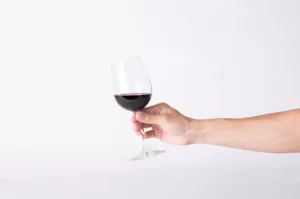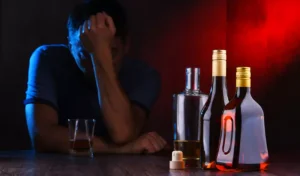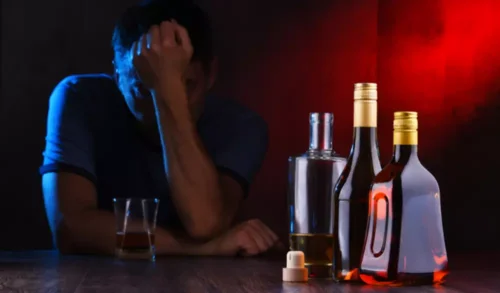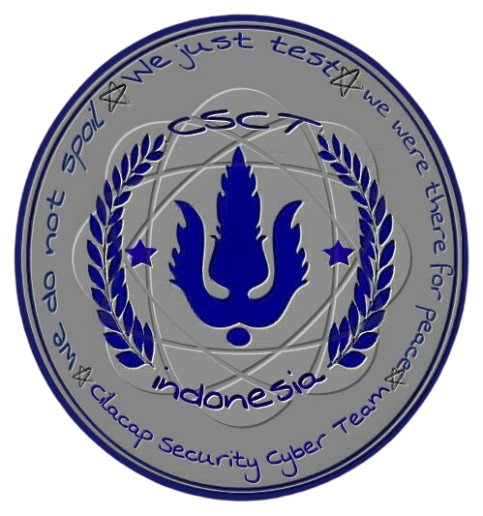
It’s possible to become complacent in the maintenance stage after a while due to reduced focus and the pressures of life. Addicts must learn new ways of coping with stress in this stage to genuinely solidify change and beat the addiction. The contemplation stage is characterized by a readiness to change sometime in the future but not immediately.
Signs of Tolerance and Dependence
Addicts find that they’re trapped in a complex cycle of addiction from which breaking out seems impossible. However, various treatment options are available to help people on the path to recovery from substance use disorders. This can cause a person who’d otherwise enjoy casual drinking or avoid substance abuse to become addicted to alcohol or drugs.
- This stage can last between six months to five years, depending on genetic factors and the severity of the addiction.
- Underlying mental health issues often intertwine with addiction like tangled vines.
- This sense of belonging and shared experience can be incredibly powerful.
- However, it’s important to note that experimentation can quickly progress to the next stage if caution is not exercised.
Choose The Correct Cycle of Addiction.: Discovering Sign of Addictions

Each one of these stages includes symptoms of substance abuse and addiction, but it’s only noticeable if you know what to look for. By remembering all five stages of addiction, you can keep a watchful eye and work to intercept an addiction from developing in yourself or a loved one before it’s too late. The brain adapts to consistent alcohol or drug use and becomes reliant on it, leading to impulsive and often risky behavior to obtain https://ecosoberhouse.com/ the substance of choice.

The 3 Stages of the Cycle of Addiction (According to Science)
These medicines can reduce your drug cravings and can help you avoid relapse. No single factor can predict if a person will experience addiction to drugs. This results in a combination of brain-centered compulsion and physical need for the addicting substances in the body.
Therapeutic Interventions

A person desires to return to the intoxication stage of addiction to feel pleasure again and find relief from withdrawal symptoms. By considering these factors, you can make an informed decision when choosing the correct cycle of addiction treatment. Remember, there is no one-size-fits-all approach to addiction recovery. Each individual is unique, and their treatment plan should reflect their specific needs and circumstances. You also want to be mindful of what you eat as you try to break out of the addiction.
The 3 Stages of the Addiction Cycle
With continued abuse, the individual will need higher doses of the drug to get the same effect. The action stage is characterized by concrete steps toward overcoming addiction. Real change starts here as the person begins to modify their behavior and seek professional help.
- Addiction is a complex illness that causes lasting changes in brain chemistry and functioning.
- Often, several circumstances line up that, over time, cause a person who would otherwise enjoy casual drinking or avoid substance abuse to become addicted to drugs or alcohol.
- Rebuilding these relationships is often a long and challenging process in recovery.
- However, various treatment options are available to help people on the path to recovery from substance use disorders.
- Over the years, a person who occasionally drinks or uses drugs casually may develop a habit that can become an addiction.
As this cycle repeats, the likelihood of addiction grows until it’s realized. Thankfully, treatment works at each stage, whether you’ve just started or have been in active addiction for years. These changes will work for a while until the brain becomes tolerant to the new dosage, forcing the person to increase the dosage again. At choose the correct cycle of addiction. this stage, the individual will progress to heavy substance use, leading to the next stage.

- Finding professional support is the most effective way of breaking the addiction cycle.
- Providers who advertise with us must be verified by our Research Team and we clearly mark their status as advertisers.
- At this stage, the addict’s health, financial status, and social life have been severely affected by their addiction.
- The frequency and quantity of use increase, and a sense of dependence may start to develop.
A person can become addicted to sugary and processed foods, so you want to cut those out of your diet as much as possible. Stress is a trigger for many addictive behaviors, so you want to ensure you are getting enough sleep every night. A person in the final stage of breaking the addiction cycle is fully committed to preventing relapse; they keep up with counseling appointments, lifestyle changes, and support meetings. The urge to relapse is not as strong in this stage, and the individual grows confident in their ability to beat the addiction. Depending on many genetic and environmental factors, some first-time users may not continue the cycle of addiction.
How to Handle Borderline Personality Disorder Rage
It’s important to note that addiction is a disease and not necessarily due to moral failure. Addictive substances or activities cause an intense, enjoyable feeling, creating a powerful urge to experience those feelings again. Addictive substances rewire the brain to think it needs them for normal functioning, making the user unable to stop. Understanding drug abuse and addiction are necessary for successful management. Drug abuse is the use of an illegal substance or the improper use of a legal substance. A person can engage in drug abuse without being necessarily addicted, but continuous substance abuse will inevitably lead to an addiction.
